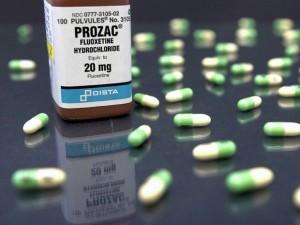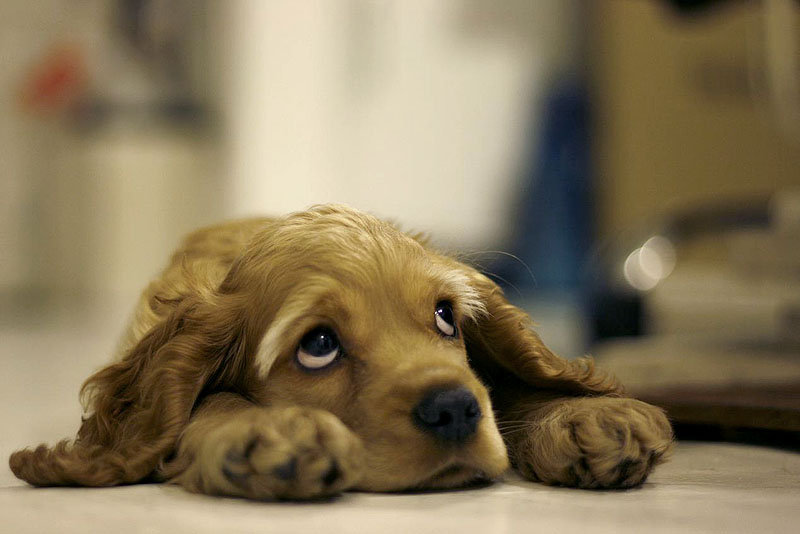Dogs experience depression just like humans do. They feel down and especially when they are afflicted with disease, dogs can submit into sadness, lack of activity and appetite. They also get affected when their dog companions pass away or are separated from them.
It is unfortunate that dogs cannot explain their emotions like humans do. They do not understand what is going on with their emotions. As far as human knowledge is concerned, research on dog depression is limited and pet owners have a small amount of understanding on the subject.
But it doesn’t take an expert to see that your pets are having the blues. Here are the most common symptoms:
- Loss of physical activity – when a dog is depressed, he is mostly lethargic and immobile. You would notice him moping in one corner and would just stay there for long periods.
- Loss of appetite – you will notice that your dog is hardly touching his food. This will lead to weight loss and is a big problem for owners.
- Sleeping all the time – depressed dogs, like humans, would sleep more during the day and prefer to sleep than do work. Dogs who are lethargic usually end up sleeping, and not interested in their surroundings.
- Licking their paws – dogs which are depressed lick or chew their paws to soothe themselves. It’s a compulsive behavior, which is similar to people biting their nails when they are anxious.
- Hiding – Dogs like to hide and avoid all contact when they are depressed. They like to stick around in closets or hidden spaces so they need not interact with anybody. This is similar to depressed people who prefer to stay in bed or locked in their rooms and avoid human interaction.
What to do with depressed dogs?
 The first thing to do when you start noticing changes in your dog’s behavior is to bring him to the vet for a check-up. Make sure that your pooch gets screened for any illnesses and treat him accordingly.
The first thing to do when you start noticing changes in your dog’s behavior is to bring him to the vet for a check-up. Make sure that your pooch gets screened for any illnesses and treat him accordingly.
Lack of physical activity can be caused by arthritis, which can be the source of his depression. Other sources of pain can be the reason why your dog is depressed. Mostly, dogs show inactivity because they feel sick and should be rushed to the animal clinic as soon as possible.
There are homeopathic remedies for depression in dogs. These remedies usually are done through acupuncture or aromatherapy. Massage therapy is also used to treat depression in dogs. Try introducing physical activities again to your dog and make sure that he interacts and socializes.
As a final resort, Prozac is prescribed to treat dog depression.
If your dog is suffering from depression due to a loss of a loved one, then the best way to start the healing process is by getting back to the dog’s routine as soon as possible. Dogs are capable of returning to his routine even if he is mourning.
Keep your dog active and do not change his meal schedule. If it is possible to keep him busy outdoors, then let him do so. The best way for your dog to adapt to a loss is by keeping him busy. Having his routine steady will let your dog know that he has to “suck it up.”
As for his grooming routine, the schedule should never change. Maintain use of quality products from Petco and be faithful to his grooming appointments. This way, your dog will realize that nothing much has changed in his life. Before you know it, your dog will be fully prepared to accept his new home companion.
The timing for getting a new dog might not happen as soon as you want it to be. Observe your dog’s behavior and see how he interacts with other dogs. If you notice that he is slowly being comfortable with other dogs, then a dog replacement might be in order.


